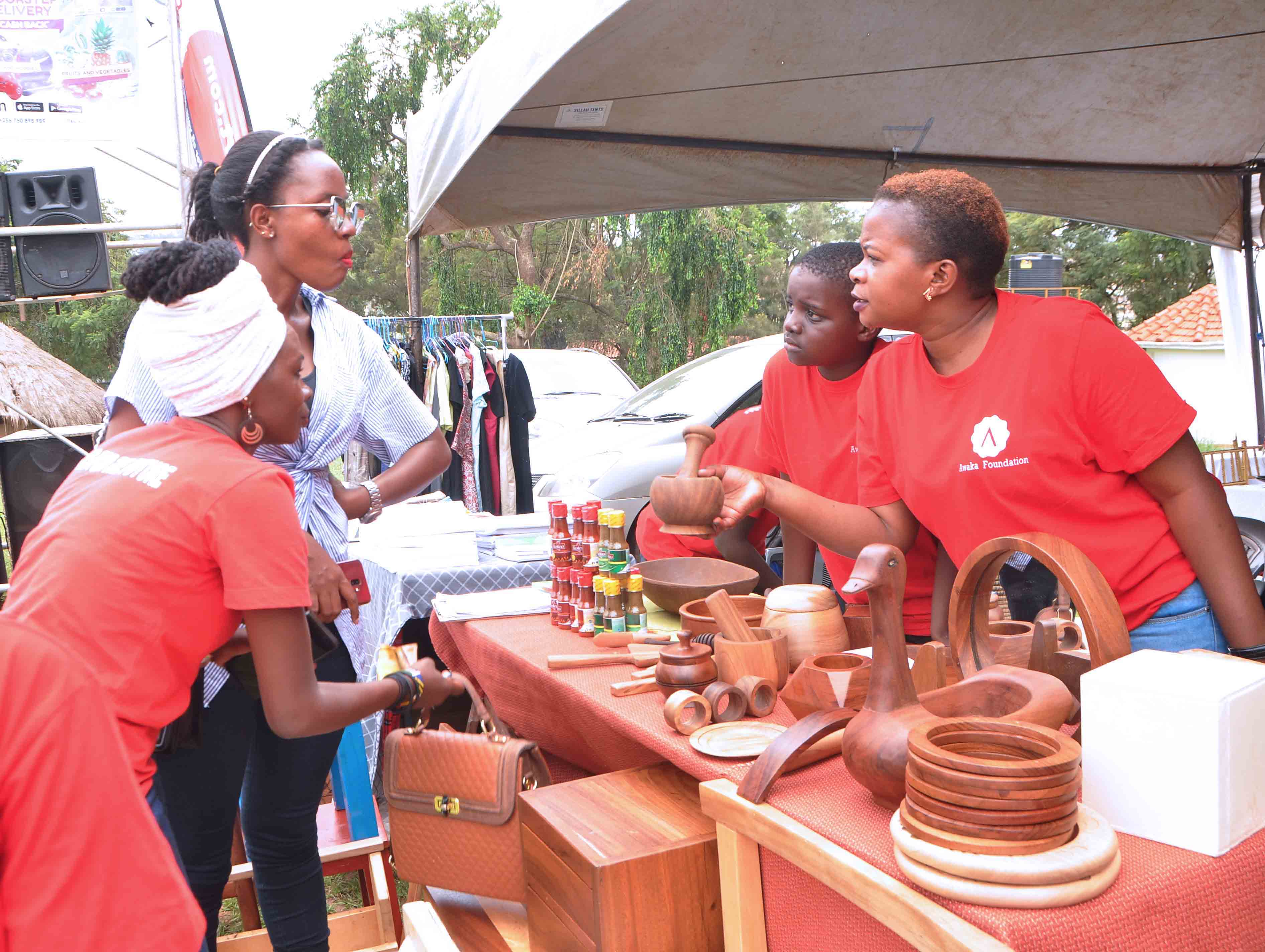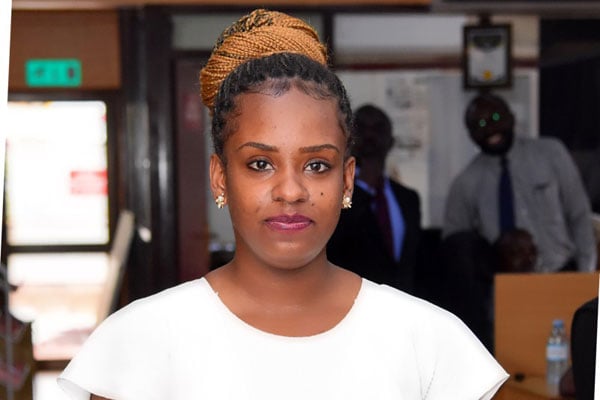CSOs call for more support to women engaged in business

Women in business display items during an exhibition in Kampala. PHOTO/FILE
What you need to know:
- Ms Sarah Opendi, the chairperson of Uganda Women Parliamentary Association, said most women engaged in agriculture in rural areas still face a challenge of lack of access to land.
Civil society organisations have called for more financial empowerment of women if Uganda’s economy is to grow faster.
Speaking during a national dialogue at Hotel Africana in Kampala yesterday, Dr Maggie Kigozi, an entrepreneur, noted that whereas many programmes have been put in place to empower women, those in business still face many challenges.
“Only 9 percent of loans in Uganda are given to business women, women have less bank accounts than men and even after Covid only a few of us use mobile money,” Dr Kigozi said, without quoting the exact source of the statistics.
“Access to finance is still a challenge to date; [it is] much better though; banks at that time were terrible, they have improved tremendously they now have programmes for women,” she added.
The dialogue was organised by Forum for Women in Democracy (FOWODE) under the theme ‘Break the Bias: Make Women Count.’
Dr Kigozi also said some cultures don’t allow daughters to inherit their fathers land, and advised women to start buying their own land.
“… if you are getting a salary just save and go buy your own land, let’s stop waiting for grandfathers and other little pieces of land,” she advised.
The executive director of FOWODE, Ms Patricia Munabi, noted that taxation is another hindrance to women in business.
Tax challenges
“Gender and taxation is another emerging issue for women’s empowerment. While existing literature provides evidence that tax systems can affect women and men differently, Uganda seems to have a uniform tax regime that doesn’t recognise any gender disparities,” she said.
“Public procurement accounts for 60 percent of government expenditure and yet it is estimated that women entrepreneurs supply only 1 percent of this market,” she added. Ms Carolyne Karungi, the manager for compliance management at Uganda Revenue Authority (URA), indicated some of the services that have been put in place to ease issues to do with taxation for women.
“The Electronic Fiscal Receipting and Invoicing System (EFRIS) is an initiative to support women and those in business to keep records,” she said.
“There is an avenue for using the mobile phones where you use USSD codes like how you buy mobile money, you’re able to type in the code and proceed and get an invoice and that helps you keep track of how much you have sold in a day,” she added.
Ms Sarah Opendi, the chairperson of Uganda Women Parliamentary Association, said most women engaged in agriculture in rural areas still face a challenge of lack of access to land.
“The second biggest challenge is access to credit ... and this is why we hope that the Parish Development Model will be a game-changer,” Ms Opendi, who is also the Tororo Woman MP, added.





